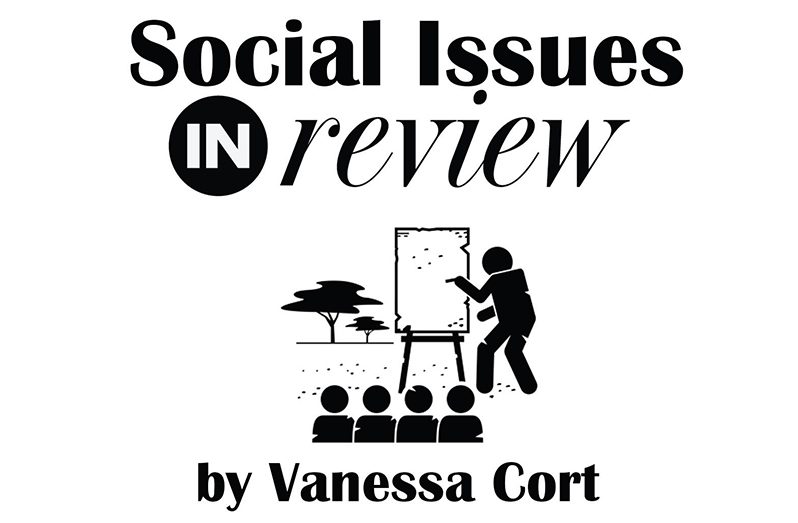FOR decades now Africans and people of African origin have been ‘locking horns’ with European and North American powers over the question of reparations and the return of objets d’art to their countries of origin.
Early in this century, the debate on the repatriation of ‘stolen’ artifacts gained widespread attention, with views expressed for and against.
Needless to say, the countries from whom these objects were taken have argued vehemently for their return and a few have been successful.
One of these is Nigeria to whom some 1,100 Benin bronzes were returned last year by Germany. However, discussion has largely centred around the views of Western museums and governments and the steps they have taken to return ‘wrongfully acquired heritage to countries in the global south’.
Said an AP report on the subject, “African countries’ efforts at restitution, after a long resistance from authorities in Europe are now blossoming with the return of treasured pieces that once were thought unattainable “.However the same article states that, “African officials seek much more…”
The resistance to reparations by these very powers is even more intense and there is a great deal more to be done, with many, like the British, remaining opposed to the very idea.
The United Nations Human Rights Office of the High Commissioner has said in no uncertain terms that, ” Victims have a right to reparation” which refers to ” measures to redress violations of human rights by providing a range of material and symbolic benefits to victims and their families as well as affected communities”.
And in a ‘Ten-point plan for reparatory justice’, the CARICOM Reparations Commission (CRC) announced its commitment to the process of “national international reconciliation” despite the “persistent objection from European governments to its mandate”.
Sir Hilary Beckles, a Chairman of the CRC, has been scathing in his criticism of the iniquities of the transatlantic slave trade and its impact on the societies it has touched.
He has called slavery a “wealth generating machine”, pointing out that the wealth went to those who controlled investment.
Sir Hilary, who is also Vice Chancellor of the University of the West Indies, has been working assiduously for what he terms “reparatory justice” to fix the ills resulting from slavery and the colonial era.
In a recent interview, aired on South African radio, another champion of reparations, Dorbrene O’Marde of Antigua, talked of involving people in the reparatory process.
He recounted some of the measures being taken in Antigua to enlighten school children and the population as a whole on African culture and history.
During the course of the programme, O’Marde, another CRC Chairman, representing the Antigua and Barbuda Reparations Support Commission, pointed out that the Pan African Movement originated in the Caribbean and was born of a wish by regional people to return to Africa and to establish links with the continent.
Attending an African Union Conference in Ethiopia at the time, he spoke of the progress being made at the diplomatic, political, economic and even financial levels, but noted that the reparations struggle is what ‘holds it all together’ in terms of his own work.
For a mandate has been given to the CRC by governments across the region to demand reparations from enslaving countries of Europe, to demand apologies and to demand that they repair the damage done to enslaved peoples and to the indigenous peoples by the genocide perpetrated against them.
Diplomatic weight, so necessary for the success of the process, has now been added, O’Marde said, with the declaration of the African Union that 2025 will be the year of reparations and justice, under the theme, “Justice for Africans and people of African descent through reparations”.
It is heartening to note that the reparatory struggle has gained renewed momentum as we approach this new year.












